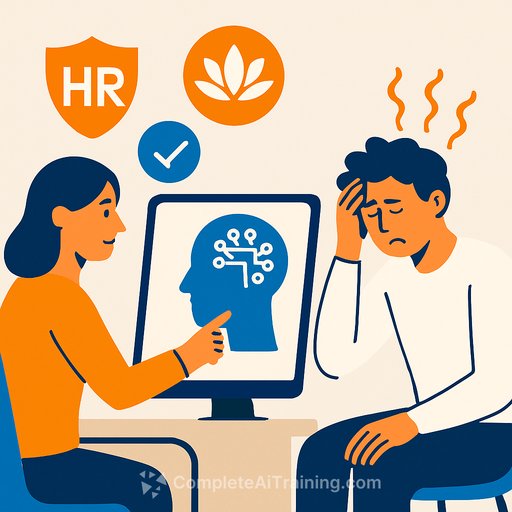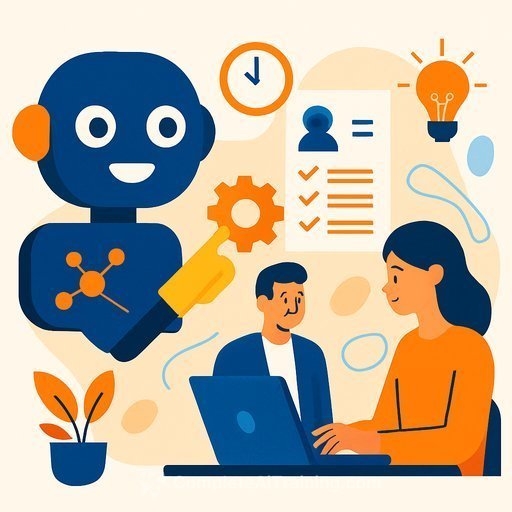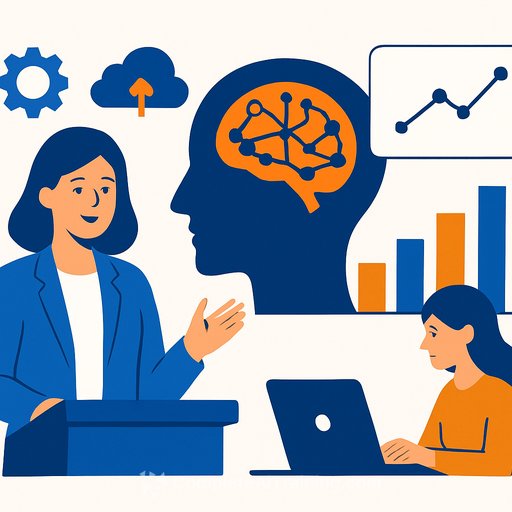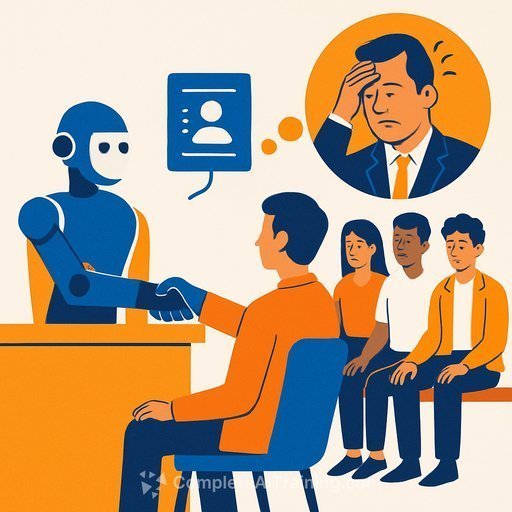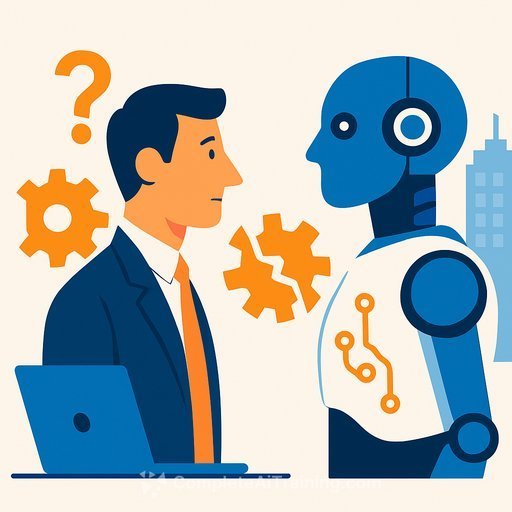HR Tech AI-Powered Wellness Programs: How HR Tech Is Fighting Burnout in 2025
Burnout in the Modern Workplace
Burnout stands as a major threat to employee well-being and productivity. In 2024, nearly 44% of employees worldwide reported feeling stressed daily, according to Gallup. As we move into 2025, HR leaders recognize that traditional wellness perks like gym memberships or meditation apps don’t cut it anymore.
AI-powered wellness programs are stepping up — these advanced HR tech solutions deliver personalized, data-driven well-being strategies. By integrating artificial intelligence into wellness initiatives, companies can detect burnout earlier, customize support, and create proactive interventions that truly help employees.
How AI Is Changing Employee Wellness
- Predictive Analytics for Stress Detection
AI systems analyze employee behavior patterns such as work hours, meeting load, email activity, and engagement to spot early signs of stress. This lets HR teams act before burnout peaks. - Sentiment Analysis and Wellness Chatbots
AI-powered chatbots monitor employee feedback in real time by analyzing sentiment in surveys, emails, and internal messages. They offer immediate suggestions or alert HR to potential issues. - Personalized Wellness Recommendations
AI moves beyond generic programs by offering tailored solutions. For example: desk workers receive prompts to stretch or reduce screen time, remote employees get tips to build social connections, and high-travel executives access mindfulness sessions or sleep advice.
Practical Use Cases in 2025
- AI Wellness Dashboards: Equip managers with insights into team well-being while protecting individual privacy.
- Smart Nudges: Remind employees to take breaks, hydrate, or log off after long hours.
- Virtual Health Assistants: Provide quick access to mental health resources or help schedule therapy sessions.
- Integrated Wearables: Sync with smartwatches to track stress indicators like heart rate variability and feed this data into wellness platforms.
Benefits for Employers
Adopting AI-powered wellness programs offers clear business advantages:
- Higher Retention: Companies focusing on employee well-being experience up to 25% lower turnover.
- Improved Productivity: Healthy, engaged employees perform consistently better.
- Stronger Employer Branding: Wellness-focused cultures attract top talent, especially among Gen Z and Millennials.
- Reduced Healthcare Costs: Proactive care helps prevent costly long-term health problems.
Challenges and Ethical Considerations
AI wellness programs offer promise but come with concerns:
- Data Privacy: Employees may worry about surveillance or misuse of personal health data.
- Algorithmic Bias: AI systems need careful training to avoid misinterpretation or overlooking certain groups.
- Over-Reliance on Technology: Wellness depends on human empathy — AI should support, not replace, HR leadership and personal connection.
Success requires balancing AI insights with transparency and ethical responsibility.
Conclusion: The Future of Wellness in HR Tech
In 2025, AI-powered wellness programs have become essential. Companies embracing these tools can reduce burnout and build a healthier, more engaged workforce. As workplace stress grows, HR professionals have an opportunity to shift wellness from a simple perk to a strategic foundation for organizational success.
Your membership also unlocks:

